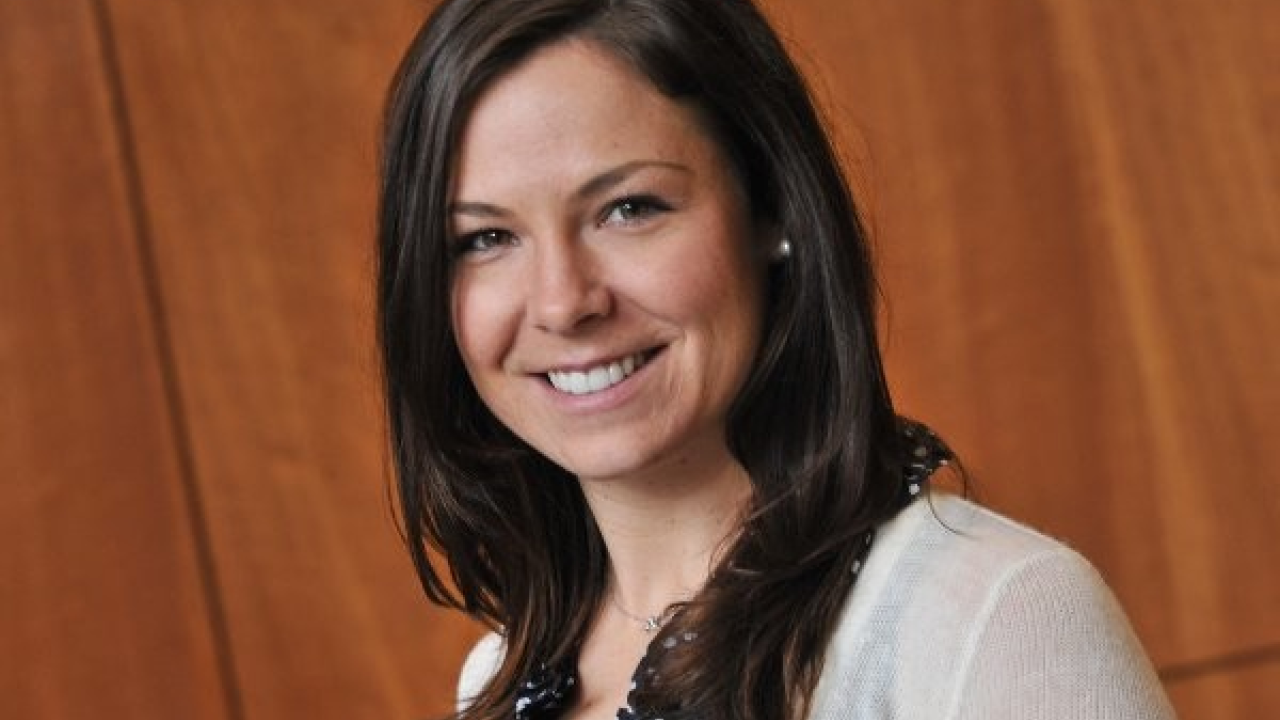
Protecting Human Health in a Changing Climate
As extreme weather events occur more frequently and increase in severity each year, WCAHS is proud to welcome investigator, Kathryn (Katie) Conlon, PhD, and her research expertise related to adaptation strategies to protect human health in a changing climate. Dr. Conlon is an Assistant Professor, jointly appointed in the Department of Public Health Sciences at UC Davis School of Medicine, and the Department of Epidemiology and Veterinary Medicine in the School of Veterinary Medicine.
Prior to joining UC Davis, Dr. Conlon was the lead epidemiologist for the Centers for Disease Control and Prevention’s Climate and Health Program. She brings expertise in climate change epidemiology, specifically quantifying and evaluating the impacts that interventions can have on human, animal, and environmental health.
With the July 18th Cal/OSHA meeting to determine the fate of the proposed emergency regulation to protect outdoor workers from wildfire smoke looming, researchers have identified the need for deliberate and thorough investigation into the implementation, adherence to, and impacts of policy interventions aimed at protecting worker health.
Dr. Conlon’s research will focus on building a broad understanding of both employees’ and employers’ knowledge, attitudes, and behaviors regarding the emergency regulation. Because this is the first statewide policy that requires employers to provide outdoor workers with respirators during wildfire smoke events, there is limited evidence to indicate the level to which such a policy protects worker exposure to wildfire smoke.
Dr. Conlon will be working closely with farmworkers and growers to collect information throughout the 2019 wildfire season. She is interested in assessing the practical implications of the rule, such as how employers determine when to provide personal respirators (i.e., which AQI measurements are used), and which respirators are selected; how respirator fit testing and training will occur; and the feasibility of wearing a respirator during wildfire smoke events that may co-occur with hot temperatures.
Like many occupational and environmental policies, this regulation has the potential to set the stage for other states and cities to implement similar strategies for protecting outdoor workers during wildfire smoke events.
